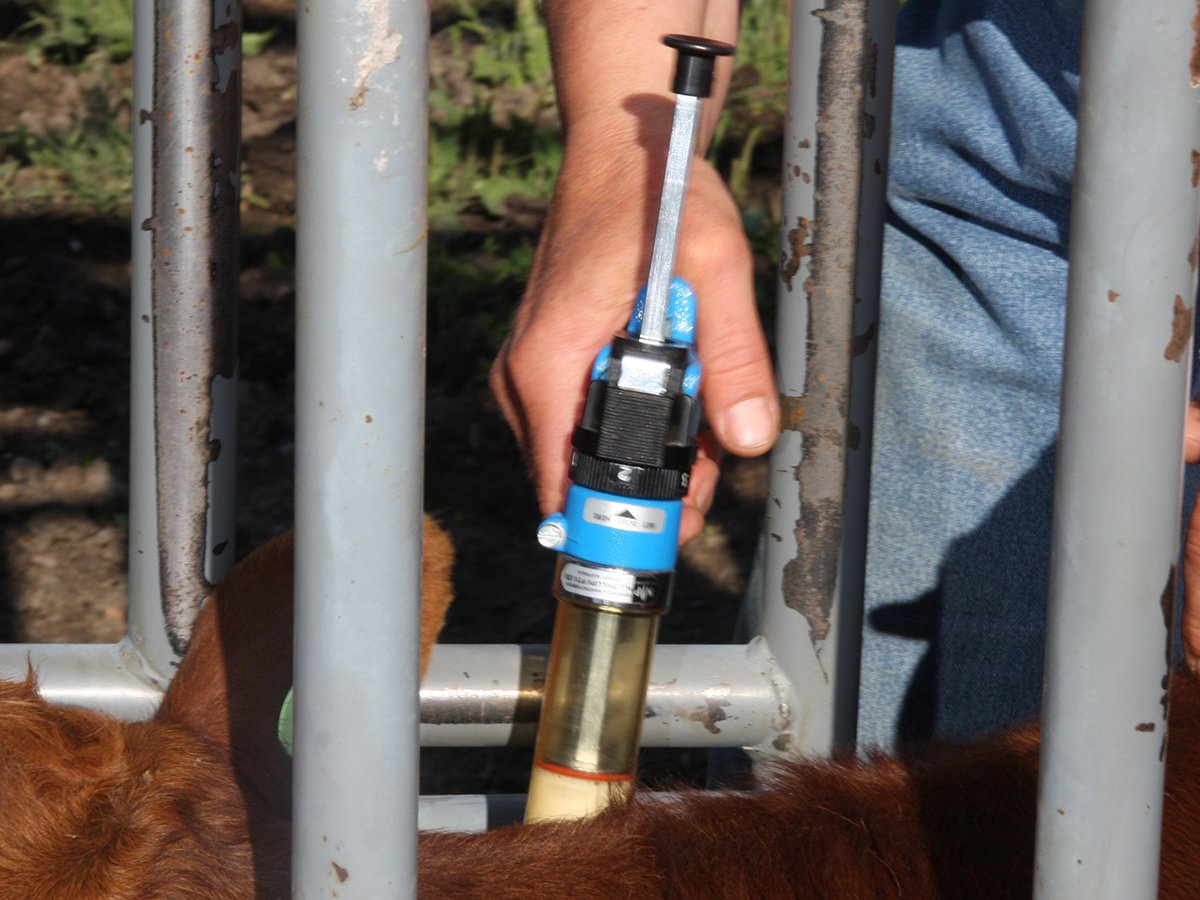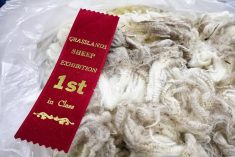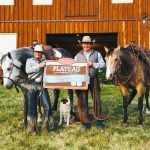RED DEER, Alta. – As a chef, Marty Carpenter never gave beef much thought.
It was a standard product that didn’t change much.
Now that he is food service co-ordinator for the Alberta Cattle Commission, he sees that basic commodity in a different light with more possibilities to tantalize consumers.
One change coming is more branded and certified products based on breed, ranch or a processor’s name.
The highly successful Certified Angus Beef program in the United States is one of the best known and is recognized internationally as a guaranteed, high quality food item. That program is one of 24 branded beef programs in the U.S., according to the National Beef Cattlemen’s Association.
Read Also

Canada must address potential veterinary drug shortages
If critical products are unavailable when needed, it could result in unnecessary human and animal deaths in the worst-case scenario.
Developing brand loyalty for a premium product saved Calgary-based XL Foods Ltd. from foreclosure.
In the late 1980s, XL Foods was $26 million in debt. XL executives decided to turn the 100-year-old company around with a brand name program.
They developed the Original Alberta Beef label in 1994 which boosted the company fortunes to the position of third largest beef packer in the province.
They realized they could not be Cargill Foods or Lakeside Packers, so instead they travelled a different route to niche market production, said Ken Levins, XL vice-president of business development.
The idea also had roots in the complaints that one out of every four beef steaks is too tough to enjoy.
“I don’t know how many times the customer has to go through that experience without negating everything we’re trying to accomplish here, advocating the greater consumption of beef,” said Levins at the recent Alberta Cattle Commission meeting in Red Deer.
“It’s not an unreasonable expectation on the part of the consumer to expect something that gives them good value for their purchases made,” he said.
Most recently the company signed an agreement with Provigo, the largest grocery story chain in Quebec. About 250 stores have dedicated space in their meat cases for the Original Alberta Beef label. They have also signed agreements with other food retailers across the country offering a money-back guarantee.
Since the program started they have had two returns.
To maintain quality, XL insists on a strict program.
Cattle must be raised in a non-threatening manner where no prods or sticks are allowed to handle the animals. They are fed barley to produce finer textured meat and aged according to the cut.
Injection sites must be monitored. Carcasses have to meet AA grading standards or better.
Ken Weir, vice-president of operations, said the company was warned the concept would never work.
“I’ve had many over the last four years tell me we were going down the wrong path. We were trying things that wouldn’t work and we were increasing costs of cattle,” said Weir.
They started with 16,000 cattle in the program. This year they have 60,000 head entered for the program in 19 certified feedlots in the province.
















